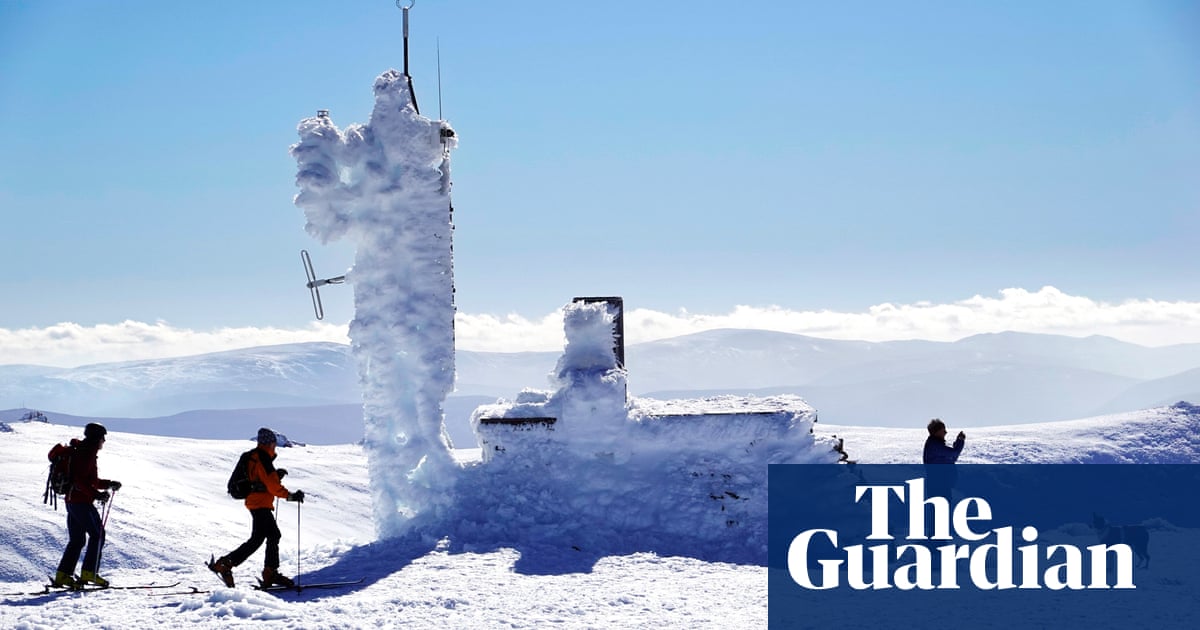“This is a completely different approach to what people have done before. The writing’s on the wall that this is going to transform things, it’s going to be the new way of doing forecasting,” Turner said. He said the model would eventually be able to produce accurate eight-day forecasts, compared with five-day forecast at present, as well as hyper-localised predictions.
Dr Scott Hosking, the director of science and innovation for environment and sustainability at the Alan Turing Institute, said the breakthrough could “democratise forecasting” by making powerful technologies available to developing nations around the world, as well as assisting policymakers, emergency planners and industries that rely on accurate weather forecasts.



One of the few good uses of AI, and actual real use of generative AI. Predicting the next frames of a storm seeing things that previous algorithms and humans could not. This will honestly probably save lives with earlier detection.